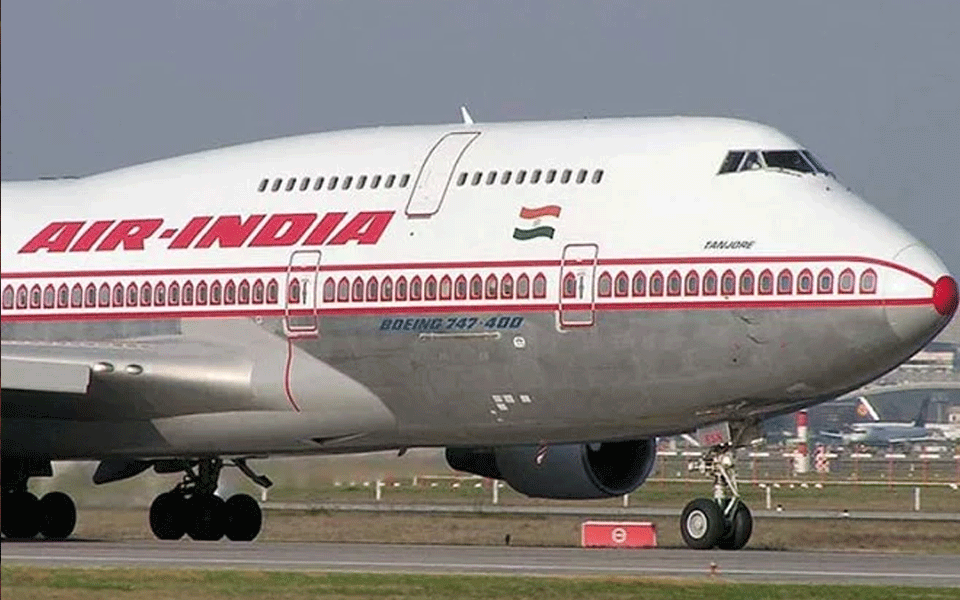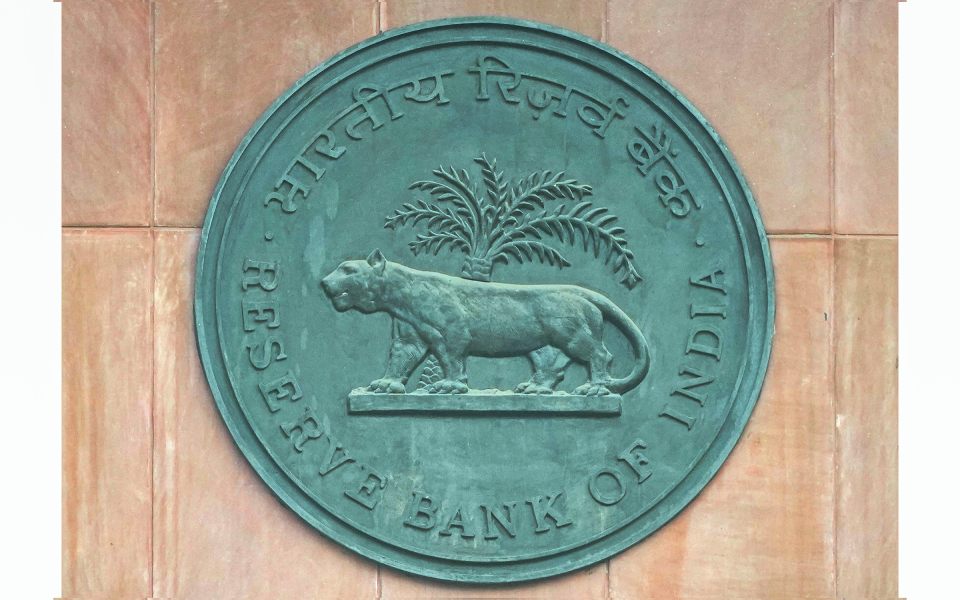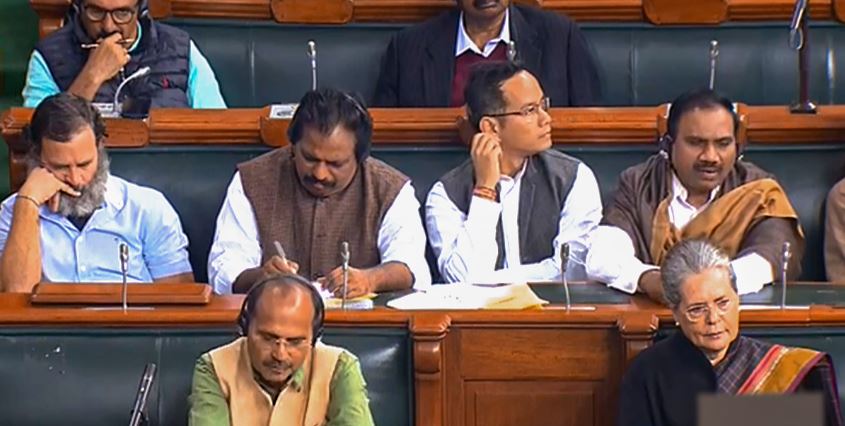New Delhi: An engine of an empty Boeing 777 aircraft of Air India shut down at the Delhi airport on Wednesday night during a technical inspection, the airline said.
Airport fire personnel then observed that black fumes were coming out of the engine's exhaust, following which they sprayed foam on it, Air India said in a statement on Thursday.
When an engineer was doing a routine technical examination of the empty aircraft (777) at the Delhi airport on Wednesday night, auto shutdown of the auxiliary power unit (APU) took place, the airline said. The APU is the smallest engine on an aircraft and situated at the tail of it. It provides the necessary power to start the main engines.
Airport personnel observed black fumes from the APU exhaust and, believing it to be a fire hazard, sprayed APU and part of the fuselage with foam spray, the national carrier said.
The APU was examined by opening its cowlings (cover). After opening the cover, "there was no traces of any burn or external damage noticed except for the minor oil leaks traces, which was normal," it said.
Detailed inspection is going on, it added.
Let the Truth be known. If you read VB and like VB, please be a VB Supporter and Help us deliver the Truth to one and all.
Mumbai, Aug 13 (PTI): The RBI will introduce a new mechanism from October 4 for clearance of cheques within hours of being presented to banks, reducing the current time period of up to two working days.
Cheques will be scanned, presented, and passed in a few hours and on a continuous basis during business hours. The clearing cycle will be reduced from the present T+1 days to a few hours.
Cheque Truncation System (CTS) currently processes cheques with a clearing cycle of up to two working days.
To improve the efficiency of cheque clearing and reduce settlement risk for participants, and to enhance customer experience, the RBI has decided to transition CTS from the current approach of batch processing to continuous clearing with 'on-realisation-settlement'.
The Reserve Bank of India (RBI) has issued a circular for introduction of Continuous Clearing and Settlement on Realisation in CTS.
"It has been decided to transition CTS to continuous clearing and settlement on realisation in two phases. Phase 1 shall be implemented on October 4, 2025 and Phase 2 on January 3, 2026," it said.
There will be a single presentation session from 10:00 AM to 4:00 PM.
Cheques received by the branches shall be scanned and sent to the clearing house by the banks immediately and continuously during the presentation session, RBI said.
"For every cheque presented, the drawee bank shall generate either positive confirmation (for honoured cheques) or negative confirmation (for dishonoured cheques)," it said.
During Phase 1 (from October 4, 2025 to January 2, 2026), drawee banks will be required to confirm (positively/negatively) cheques presented on them, latest by the end of the confirmation session (7:00 PM), else those will be deemed to have been approved and included for settlement.
In Phase 2 (from January 3, 2026), the item expiry time of cheques shall be changed to T+3 clear hours.
Giving an example, the RBI said the cheques received by drawee banks between 10:00 AM and 11:00 AM will have to be confirmed positively or negatively by them by 2:00 PM (3 hours from 11:00 AM).
Cheques for which confirmation is not provided by the drawee bank in the prescribed 3 hours shall be treated as deemed approved and included for settlement at 2:00 PM.
RBI further said that on completion of settlement, the clearing house will release the information of positive and negative confirmations to the presenting bank.
"The presenting bank shall process the same and release the payment to the customers immediately, but not later than 1 hour from successful settlement, subject to usual safeguards," it said.
RBI directed banks to make their customers adequately aware of the changes in the cheque clearing process.
Banks have also been asked to be in readiness to participate in continuous clearing in CTS on the prescribed dates.





